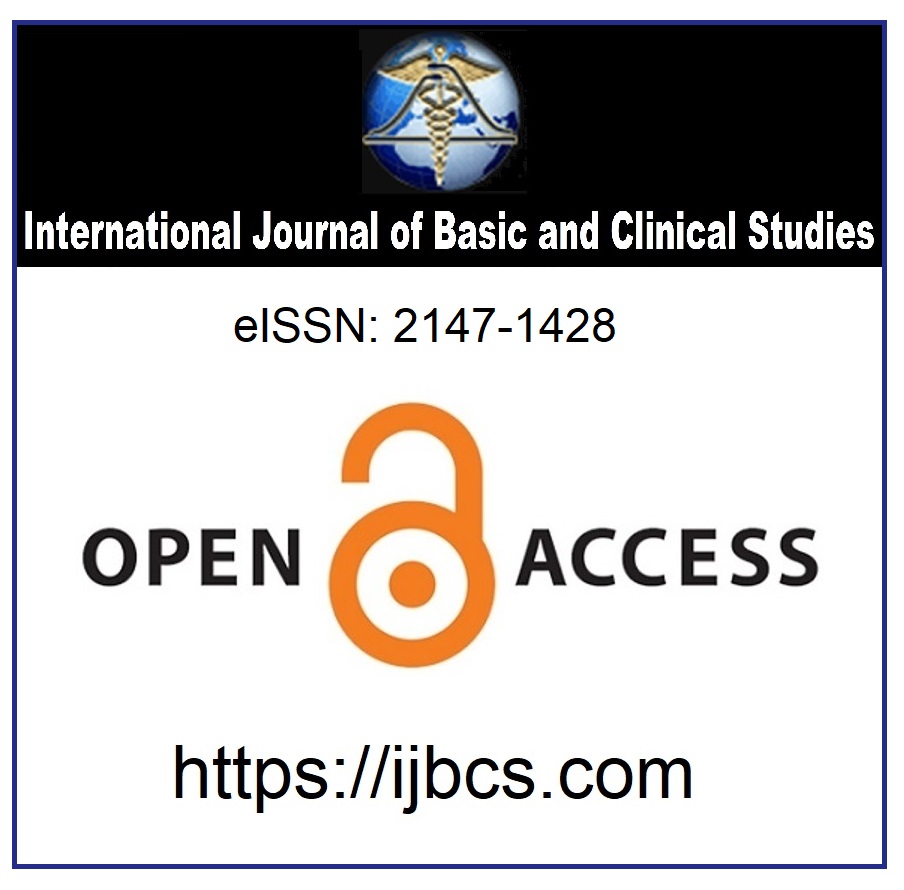“Best Evidence” for Basic and Clinical Research
Keywords:
Best evidence, Evidence-based practice, Best research design, Quantitative research, Qualitative researchAbstract
Evidence Based Medicine is an approach to medical decision making. It has been defined as 'the conscientious, explicit, and judicious use of current best evidence in making decisions about the care of individual patients'. Practice-based research refers to scientifically investigating issues related to practice, with the best evidence available from systematic research, and the values and preferences of patients. There are great contradictions between the evidence-based research and the number of research published in many journals. About 10 000 new randomized trials are included in MEDLINE every year, and 350 000 trials have been identified by the Cochrane collaboration. However, the results of studies in the USA and the Netherlands suggest that about 30–40% of patients do not receive care according to present scientific evidence, and about 20–25% of care provided is not needed or is
potentially harmful. Quantitative research methodology, which is characterized by positivism, measurement, and statistics, has dominated the scientific literatures in many disciplines. Clinical research, in particular, often relies on quantitative data to describe, predict, and explain the complex phenomena at work. Qualitative studies have been emphasized that they use language data (written or oral) rather than numerical data. The best evidence for basic and clinical studies depends on the methods that you
choose for the planning study. Gold standard method such as randomized controlled trials could be selected for best clinical decision making.
Downloads
Published
How to Cite
Issue
Section
License
Copyright (c) 2012 by the Authors

This work is licensed under a Creative Commons Attribution 4.0 International License.



